Koran burning in Scandinavia: freedom of expression’s ultimate test?
Anti-Islam demonstrations have sparked condemnation and raised constitutional challenges for Sweden and Denmark
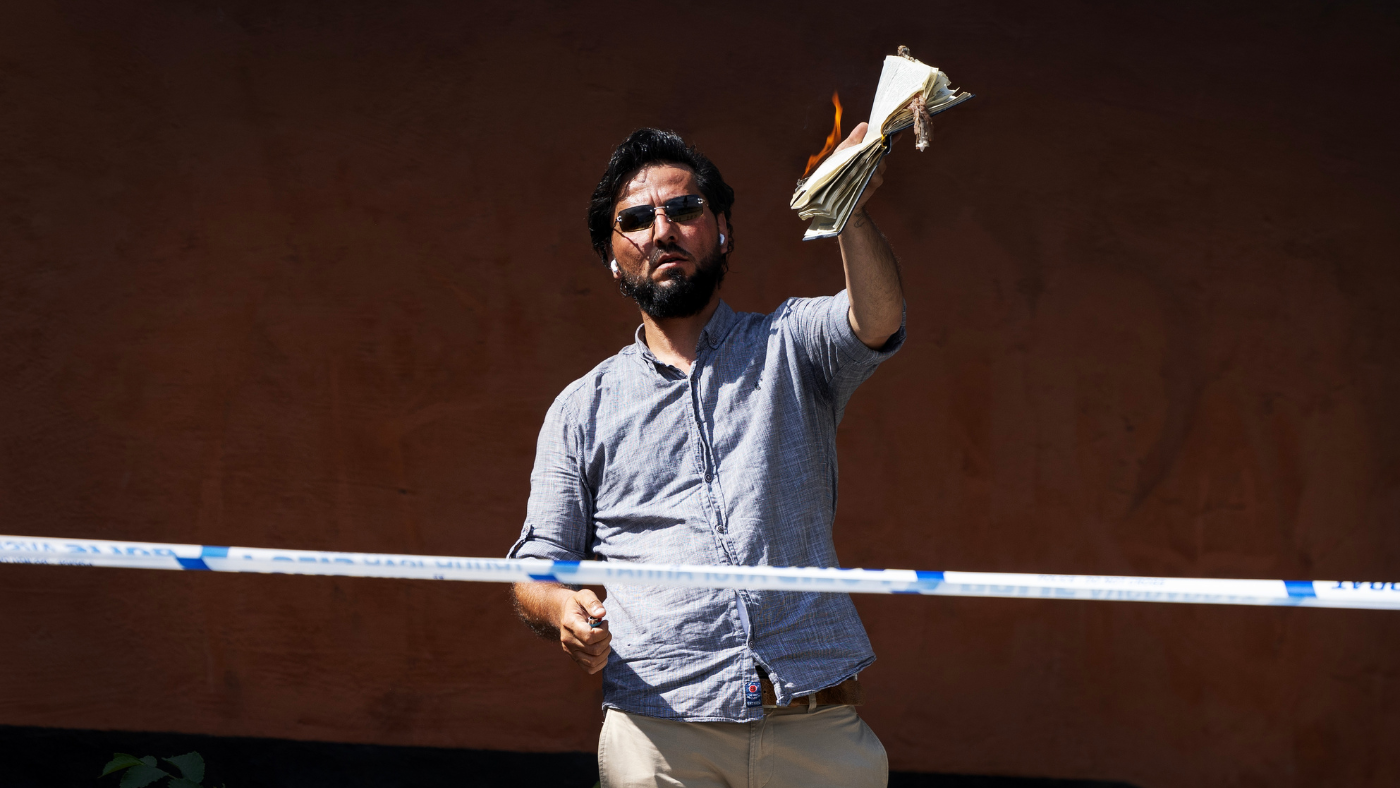
A free daily email with the biggest news stories of the day – and the best features from TheWeek.com
You are now subscribed
Your newsletter sign-up was successful
Incidents of the Koran being publicly burnt in Sweden and Denmark have caused huge offence and upset across the Islamic world and sparked condemnation from European leaders.
A far-right activist was given permission by Swedish authorities to burn the holy text outside the Turkish embassy in Stockholm in January, and a “string” of similar demonstrations has taken place in the Scandinavian countries since, said Politico.
During Eid al-Adha last month, a protester burnt the Koran in front of a mosque in Stockholm. This week, far-right protesters set copies of the holy book alight in front of the Turkish and Egyptian embassies in Copenhagen.
The Week
Escape your echo chamber. Get the facts behind the news, plus analysis from multiple perspectives.

Sign up for The Week's Free Newsletters
From our morning news briefing to a weekly Good News Newsletter, get the best of The Week delivered directly to your inbox.
From our morning news briefing to a weekly Good News Newsletter, get the best of The Week delivered directly to your inbox.
“The issue has thrown up a major dilemma,” said the BBC. Sweden and Denmark’s governments have condemned the burnings, but both countries’ laws staunchly protect freedom of expression and the right to protest.
Constitutional challenges
Sweden’s constitution protects the right to freedom of expression regardless of the subject, including “expressions of opinion that question religious messages, or that can be perceived as hurtful to the believer”.
Police had previously refused to grant permission for planned gatherings, but a court overturned the decision in April, ruling that demonstration permits could only be withheld if “relatively concrete circumstances” indicate a serious security or public order risk.
Mårten Schultz, a law professor at Stockholm University, told the BBC that freedom of speech for Swedes is “not just the law but a fundamental value”. At stake for them is “a historic and fundamental right dating back to 1766”, the BBC noted.
A free daily email with the biggest news stories of the day – and the best features from TheWeek.com
Sweden does have a law that prohibits “incitement against ethnic groups, in place since 1949 in response to the Holocaust”, said the BBC. But experts say that the target of the burnings was “a book instead of people or individuals” and so a reading of the law that prohibits public demonstrations of this kind is “not appropriate”.
‘A clear provocation’
Koran burnings “briefly threatened to derail” Sweden’s bid to join Nato earlier this year, “amid a backlash in Turkey”, said The Times. Now, Iraq, Saudi Arabia and Qatar are among a number of countries that have condemned the burnings and summoned Swedish representatives.
Sweden’s image on the global stage has changed from that of “a tolerant country to a country hostile to Islam and Muslims”, its security service has warned. Protesters “stormed the Swedish embassy” in Baghdad last week, said Politico, “and tried to reach the Danish embassy” before security forces intervened.
“Anger spilled over” at the United Nations this week, said the BBC, as some countries argued that while the protests were “offensive” they were “not against international law”.
The situation is placing the Scandinavian countries at odds with international allies. The European Union’s foreign policy chief, Josep Borrell, said the demonstrations were “offensive, disrespectful and a clear provocation”, and that “expressions of racism, xenophobia and related intolerance have no place in the European union”.
The Organization of Islamic Countries will meet on Monday to discuss the Koran burnings, but a resolution could be a way off. As Sweden’s foreign minister Tobias Billström has warned: “There are no quick fixes.”
Julia O'Driscoll is the engagement editor. She covers UK and world news, as well as writing lifestyle and travel features. She regularly appears on “The Week Unwrapped” podcast, and hosted The Week's short-form documentary podcast, “The Overview”. Julia was previously the content and social media editor at sustainability consultancy Eco-Age, where she interviewed prominent voices in sustainable fashion and climate movements. She has a master's in liberal arts from Bristol University, and spent a year studying at Charles University in Prague.
-
 Local elections 2026: where are they and who is expected to win?
Local elections 2026: where are they and who is expected to win?The Explainer Labour is braced for heavy losses and U-turn on postponing some council elections hasn’t helped the party’s prospects
-
 6 of the world’s most accessible destinations
6 of the world’s most accessible destinationsThe Week Recommends Experience all of Berlin, Singapore and Sydney
-
 How the FCC’s ‘equal time’ rule works
How the FCC’s ‘equal time’ rule worksIn the Spotlight The law is at the heart of the Colbert-CBS conflict
-
 Bully XL dogs: should they be banned?
Bully XL dogs: should they be banned?Talking Point Goverment under pressure to prohibit breed blamed for series of fatal attacks
-
 ‘Islas Malvinas’ and the new battle over the Falklands
‘Islas Malvinas’ and the new battle over the FalklandsTalking Point Argentina scores ‘major diplomatic win’ as EU refers to British territory by its disputed name
-
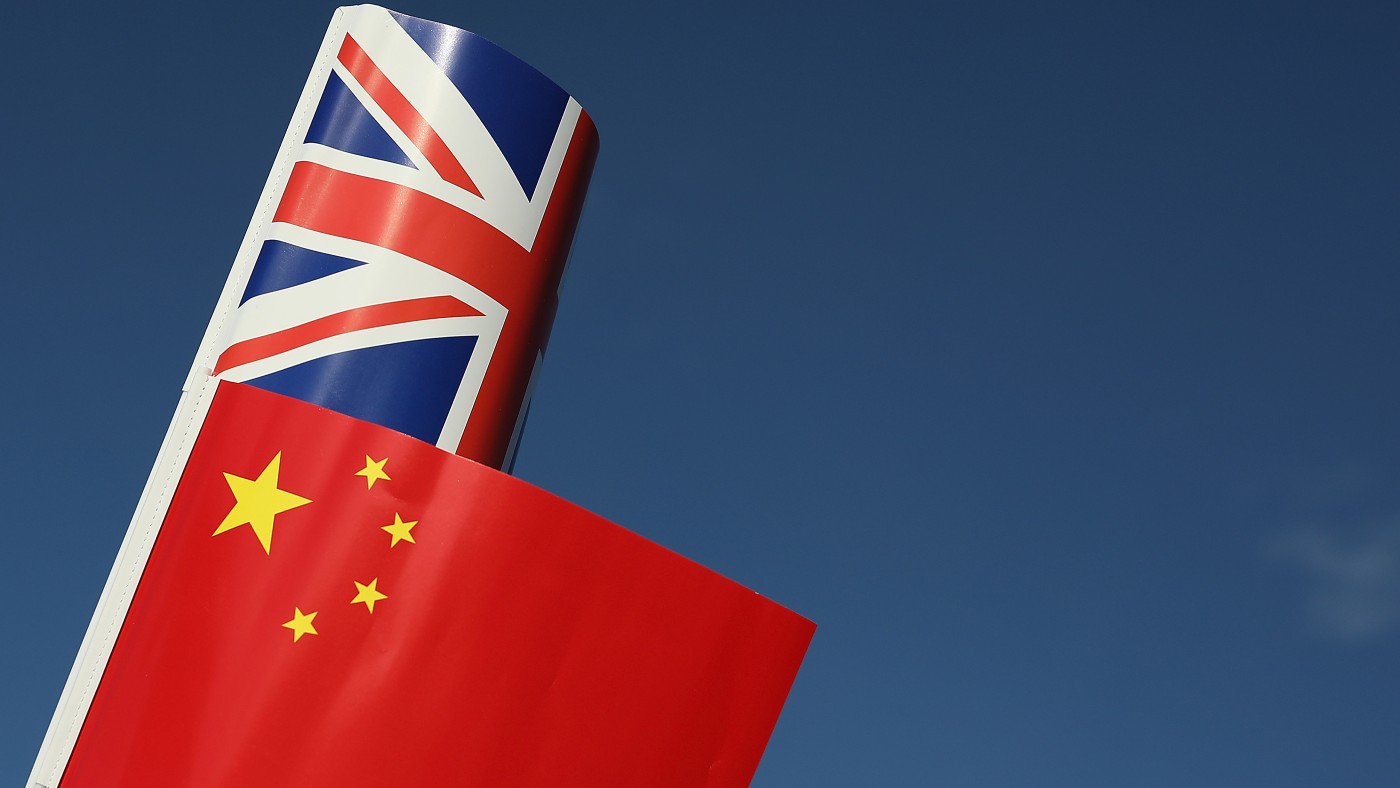 China’s ‘breathtaking’ infiltration of UK economy: an existential threat?
China’s ‘breathtaking’ infiltration of UK economy: an existential threat?Talking Point New report suggests Beijing is exerting political and economic influence on Westminster
-
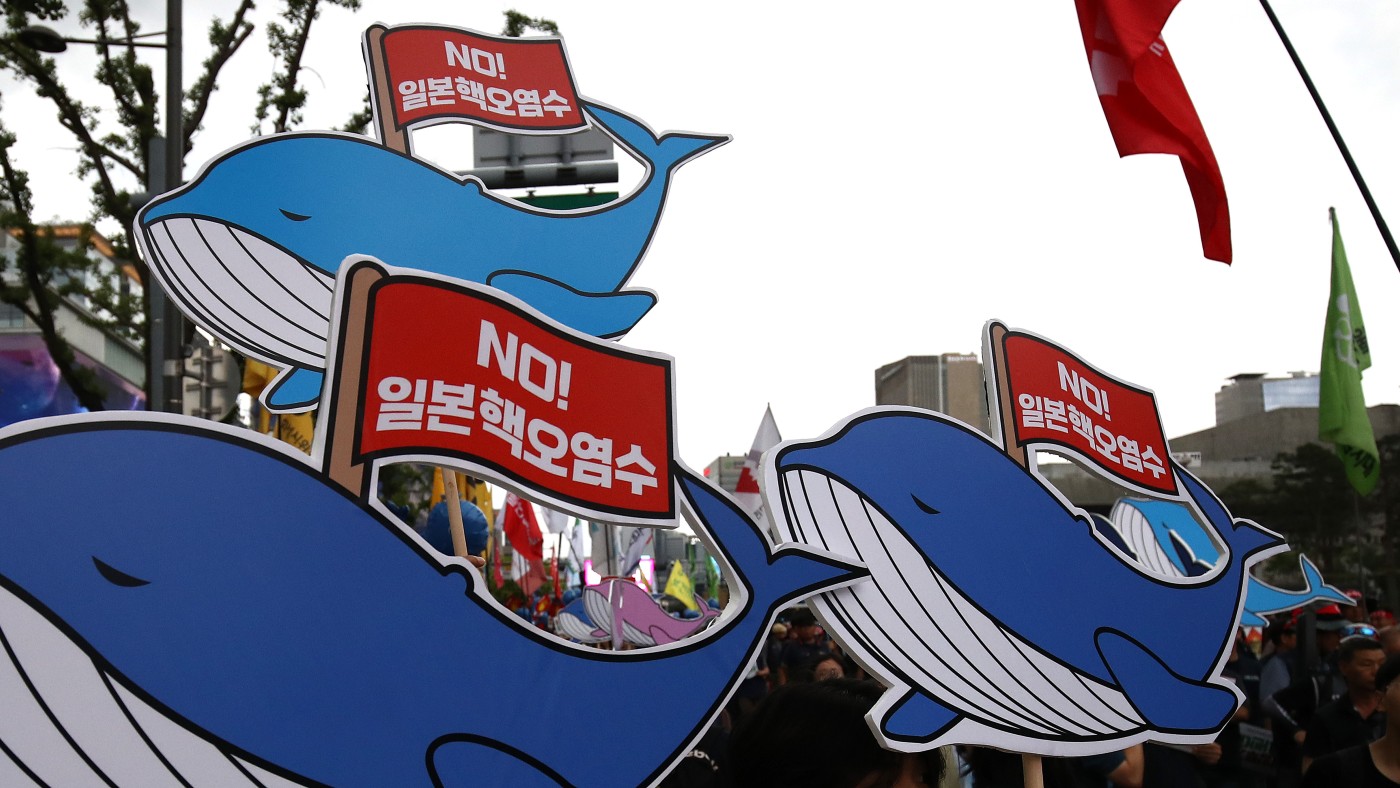 The Fukushima solution causing consternation in China
The Fukushima solution causing consternation in ChinaTalking Point Tokyo insists the water is no different to that regularly released by nuclear plants elsewhere
-
 AfD local election win: watershed moment for far-right in Germany?
AfD local election win: watershed moment for far-right in Germany?Talking Point Discontent over immigration and Berlin’s green policies appears to have fuelled support for populist party
-
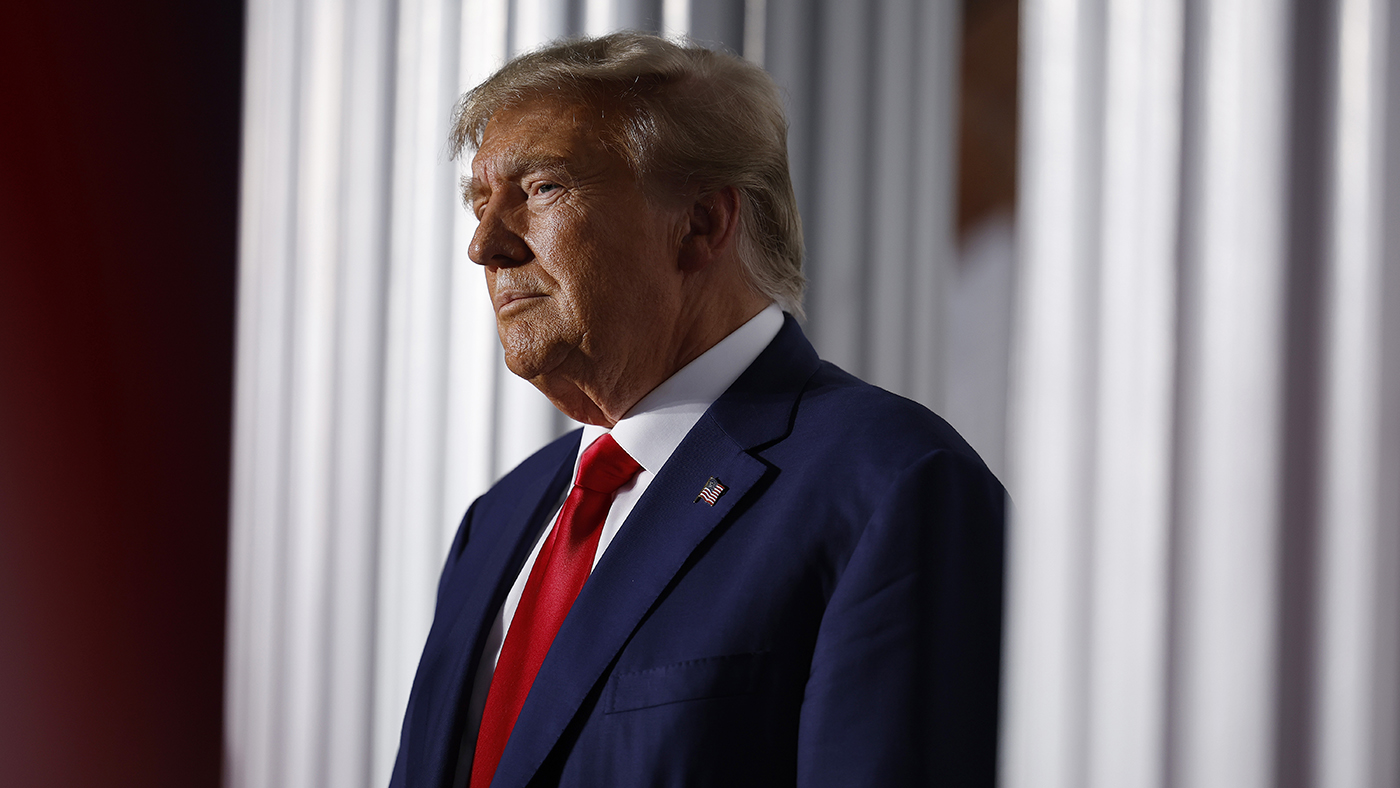 Donald Trump in the dock: a fraught moment for US democracy
Donald Trump in the dock: a fraught moment for US democracyTalking Point There is speculation that former president could end up running his 2024 election campaign from behind bars
-
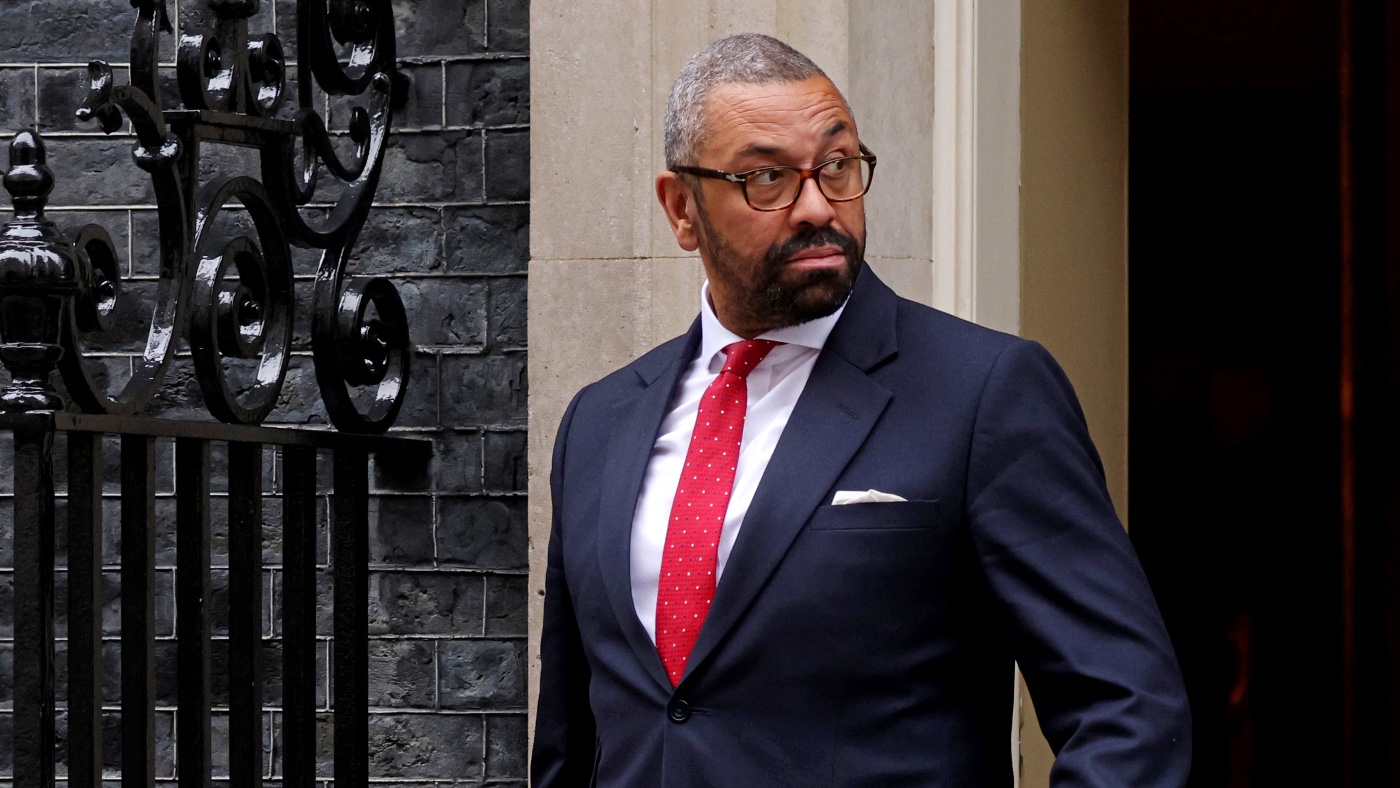 China: the new rules of engagement for Britain
China: the new rules of engagement for BritainTalking Point Foreign Secretary James Cleverly has rejected claims UK should limit Chinese cooperation and dependence
-
 Dalai Lama tongue controversy: playful joke or ‘abusive’?
Dalai Lama tongue controversy: playful joke or ‘abusive’?Talking Point Video of the leader of Tibetan Buddhism asking a child to ‘suck my tongue’ has gone viral